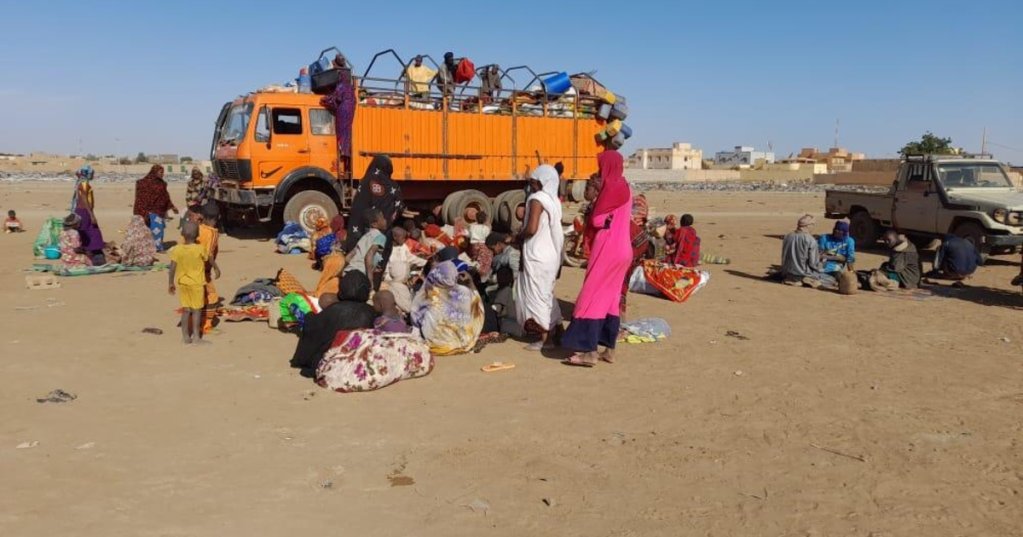Dozens of West African migrants say they were forcefully deported from Mauritania, despite some holding legal residency documents. Human rights groups and neighbouring countries have condemned the recent mass pushbacks as inhumane and possibly xenophobic.
Videos shared in March showed families — including children — disembarking from ferries at the Senegalese border town of Rosso. Many looked distressed, with personal belongings strapped to their backs. According to the Mauritanian Association for Human Rights (AMDH), 1,200 migrants were deported in March alone — nearly 700 of whom reportedly had residence permits.
Those expelled said they were randomly questioned, arrested, and detained in overcrowded prisons without sufficient food or water. Some alleged they were tortured. While many were sent to Senegal or Mali, others remained in custody in Mauritania.
The Mauritanian government claims the deportations are part of efforts to combat human trafficking, in line with its migrant control deals with the European Union. However, this has provoked rare diplomatic tensions in the region. Mali condemned the arrests as violating human rights, while a Senegalese MP called the actions “xenophobic” and urged for an investigation.
Why is Mauritania under pressure from the EU?
As a key departure point for migrants heading to the Canary Islands, Mauritania has received millions in EU funding to prevent irregular migration. In January 2024, over 80% of arrivals to the Canaries came from Mauritania — a sharp rise compared to 2023. The EU and Spain have since signed multiple agreements with Mauritania, including a €210 million migrant partnership deal.
However, observers like migration researcher Hassan Ould Moctar say the pushbacks are intensified by rumours that Mauritania may be forced to resettle migrants expelled from Europe — a claim Nouakchott denies.
The border crackdown intensified after Mauritania passed a new law in January requiring residence permits for all foreigners. But many have not been able to apply for or access these documents. The Senegalese Red Cross says people from over ten West African countries were among those arrested, including women, children, and chronically ill individuals.
How does this affect Mauritania’s Black communities?
For many Black Mauritanians, the deportations are reviving painful memories. Activists say this campaign resembles mass expulsions of the past, particularly during the 1989–1991 Mauritania-Senegal border war. During that period, around 60,000 Black Mauritanians were expelled and stripped of documents.
Abdoulaye Sow, founder of the Mauritanian Network for Human Rights in the US, warns that the current crackdown could again target Afro-Mauritanians, many of whom remain stateless. Sow also highlighted the cultural marginalisation of Black groups, such as the forced use of Arabic in schools, calling it “cultural genocide.”
Mauritanian authorities insist they are only targeting irregular migrants and smuggling networks. They say foreign nationals are welcome to apply for residency under simplified rules. Still, critics say the government has yet to address concerns over mistreatment and systemic bias.
Why are people calling Mauritania’s deportations ‘xenophobic’?
Because many of those deported had legal residency or were from neighbouring African countries with previous free movement agreements. Critics argue the scale and aggression of the deportations reflect deep-seated discrimination, particularly against Black and non-Arab populations.

